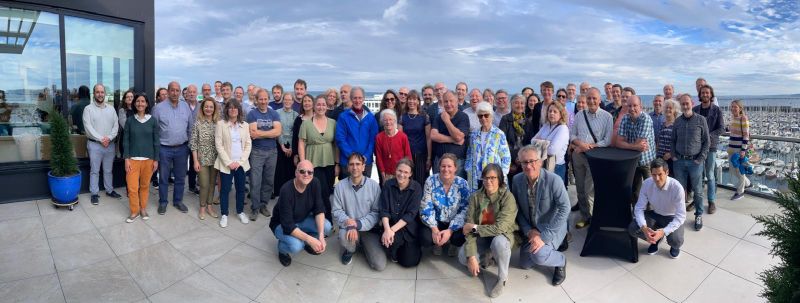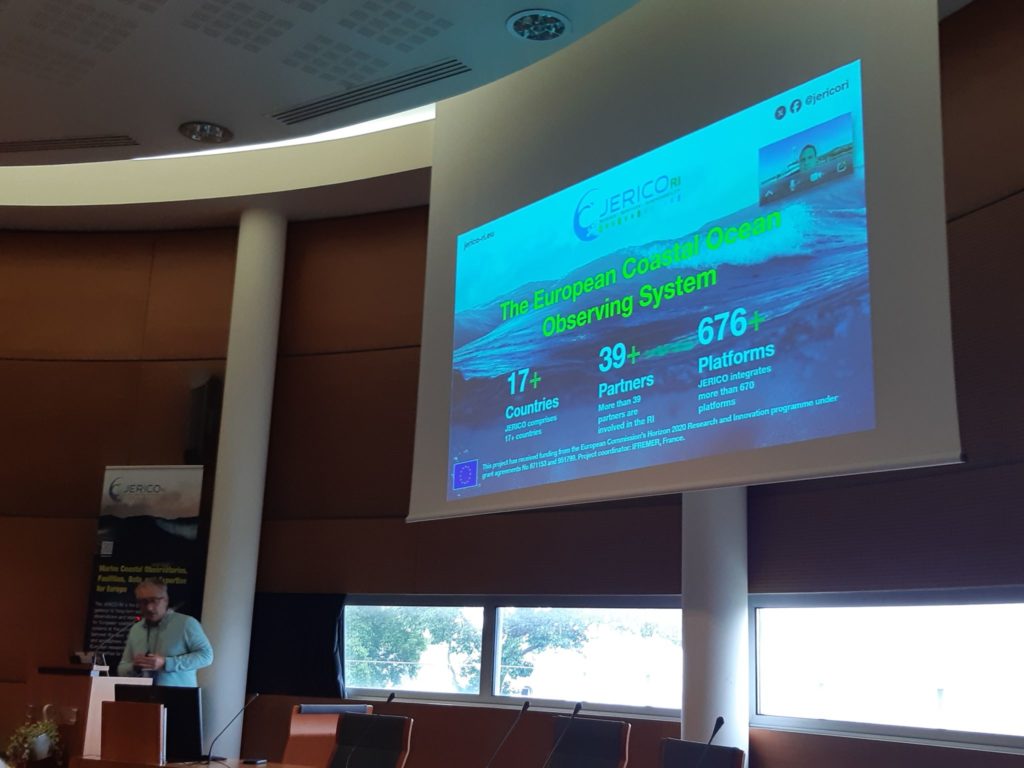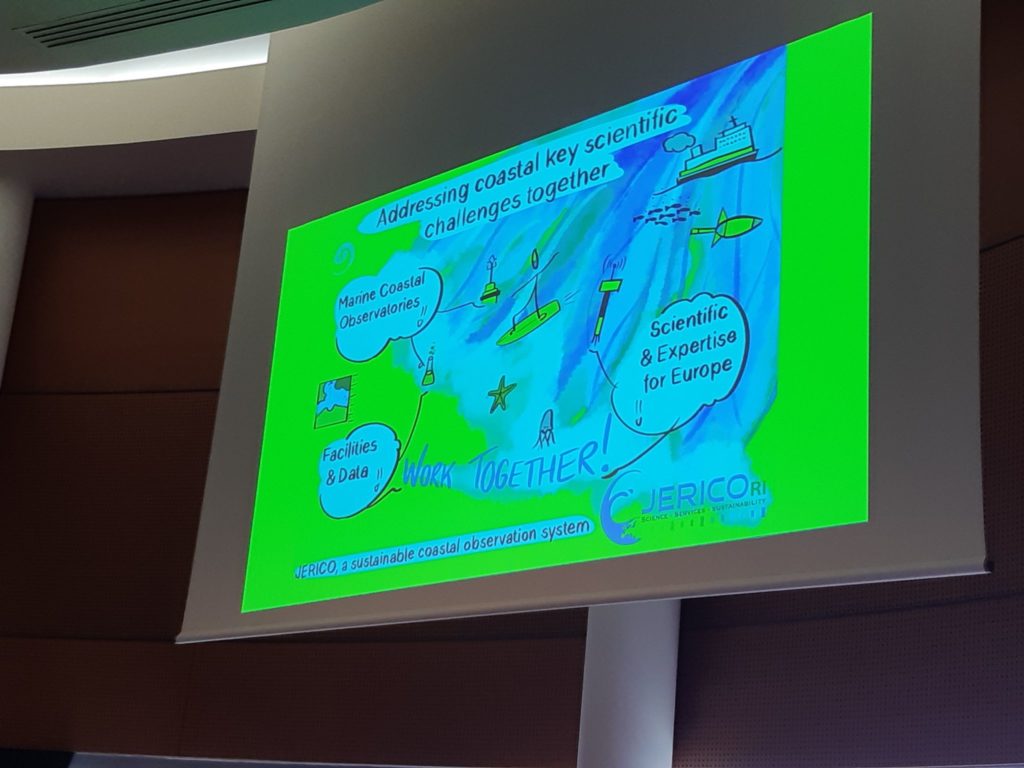The JERICO-S3 community gathered in Brest, France, from June 18th to 21st, 2024, for the project’s Final General Assembly. Hosted by Ifremer, the coordinating institution of the H2020-funded JERICO-S3 project, this event brought together 80 participants for four days filled with presentations on the achievements of the JERICO-S3 project and discussions about the future of the JERICO-RI European Infrastructure.

Day 1: Opening and Stakeholder Sessions
The General Assembly commenced with opening talks from representatives of the European Commission, Ifremer, CNRS, ILICO, and ESFRI (European Strategy Forum on Research Infrastructures). These opening remarks set the stage for the dedicated stakeholder sessions that followed. Project Coordinator, Laurent Delauney (IFREMER) presented “JERICO-RI in a Nutshell,” providing a comprehensive overview of the project’s achievements and future directions of the infrastructure.
The stakeholder sessions explored JERICO’s place in the Research Infrastructure (RI) landscape with interactions from ERIC Euro-Argo, DANUBIUS-RI, ICOS (Integrated Carbon Observation System), and EMSO ERIC. Discussions also included JERICO’s collaboration with industry partners such as nke Instrumentation, RBR, ALSEAMAR, OCEANO VOX, FairScope, and SEABER, leading to fruitful exchanges on mutual interests and potential synergies.

Day 2: Science Strategy and Integrated Coastal Observations
The second day began with presentations on the integrated coastal observations, focusing on Integrated Regional Sites (IRS) and Pilot Supersites (PSS). JERICO-S3 partners shared their studies on carbonate systems and phytoplankton, highlighting significant scientific results. The afternoon featured discussions on the integration of observations and event detection, followed by a networking session with flash presentations and interactive discussions.

Day 3: Technological Advancements and Key Exploitation Results
The third day centred on technological advancements within the JERICO-S3 project. Presentations introduced JERICO-CORE and other observation technology advancements, including the coastal EMSO Generic Instrument Module (cEGIM), the WAter-Sample filtering and Preservation device (WASP), and the Autonomous Coastal Observing Benthic Station (ACOBS). Discussions also covered low-cost technology opportunities to support coastal research, emphasising citizen science initiatives.
Key Exploitation Results (KERs) related to JERICO’s technological innovations, best practices, access protocols, and international cooperation were presented by various partners, showcasing the project’s impact and future potential.
Day 4: Governance and Future Action Plans
The final day focused on governance, the action plan for the JERICO-RI community, and the ESFRI landscape. Discussions aimed at ensuring the sustainability and continued collaboration within the JERICO-RI framework, setting a clear roadmap for the future.

